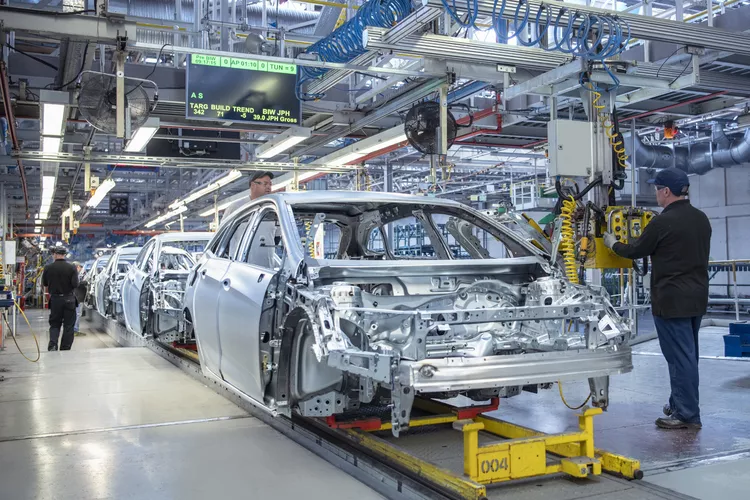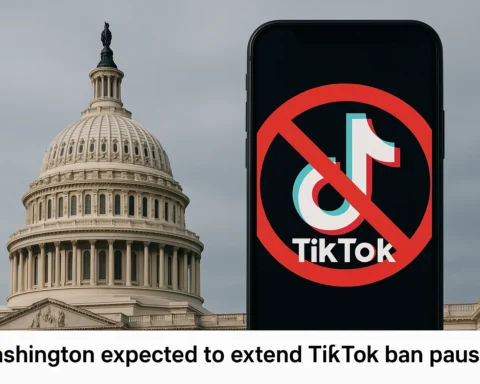Pakistan’s Auto Industry Faces Uncertainty Amid IMF-Driven Trade Liberalization
The IMF-backed plan to lower import tariffs by up to 42% over the next five years has raised alarms within Pakistan’s auto industry. Local auto assemblers fear the policy shift could expose them to intense foreign competition, potentially reversing decades of progress in localization and industrial growth.
Key Concerns of the Auto Industry
-
Drastic Tariff Cuts & Impact on Local Production
-
The weighted average tariff will drop from 10.6% to 6% over five years.
-
Auto tariffs may be cut in two phases (first to 7.4%, then 6%).
-
Additional Customs Duty (ADC) and Regulatory Duty (RD) will also be removed.
→ Impact: Lower tariffs on imported vehicles and parts could reduce demand for locally assembled cars and hurt domestic suppliers.
-
-
Threat to Local Auto Parts Industry & Localization
-
New vehicle models may rely more on imported parts, reducing localization efforts.
-
This could reverse past progress made by the auto sector in Pakistan.
-
SMEs & local suppliers could suffer as demand for locally made auto parts declines.
→ Impact: Less local production, more reliance on imports, and possible job losses.
-
-
Risk of Increased Trade Deficit
-
While the IMF aims to liberalize trade, lower tariffs may increase imports while local manufacturing struggles.
-
Without an export-driven strategy, Pakistan could become overly dependent on imported goods, widening the trade deficit.
→ Impact: More foreign car imports, more capital outflow, and pressure on the rupee.
-
Industry’s Call for Policy Stability
-
Auto sector leaders urge the government to:
-
Engage with stakeholders before implementing tariff standardization.
-
Ensure local industry competitiveness before exposing it to aggressive foreign competition.
-
Develop an export-oriented strategy to strengthen domestic manufacturing.
-
-
A Strong Industrial Policy is Needed
-
Without proactive policymaking, Pakistan risks becoming a trading nation rather than an industrial hub.
-
Auto industry demands clarity and transparency in government policies to ensure long-term growth.
-
Future Outlook
-
Short-Term: Auto sales remain strong (up 50% in 8MFY25) due to lower interest rates and new model launches.
-
Long-Term: Without strategic planning, lower tariffs could harm local manufacturers, increase reliance on imports, and weaken Pakistan’s industrial base.
The government must balance IMF-driven trade liberalization with local industry protection to ensure sustainable economic growth.







